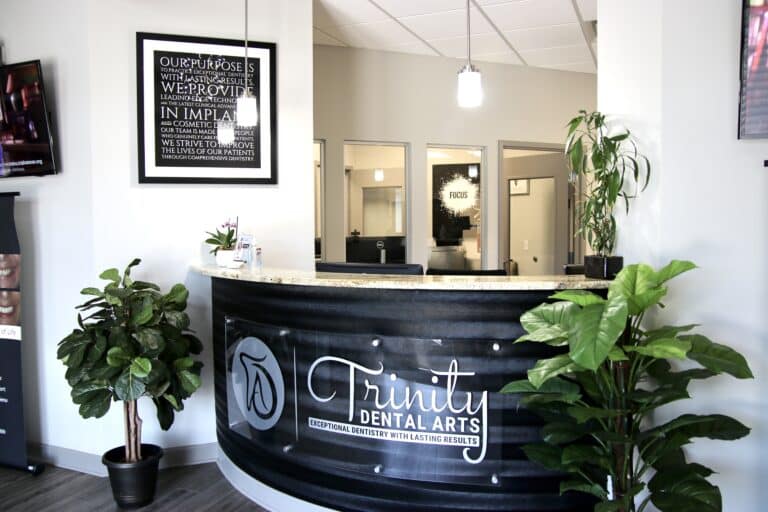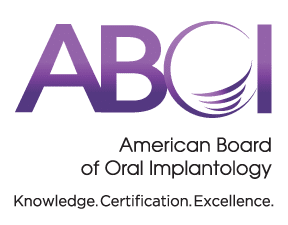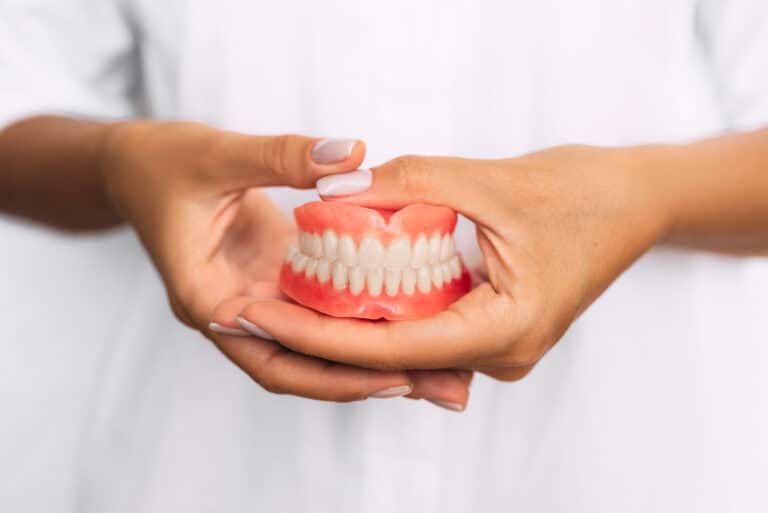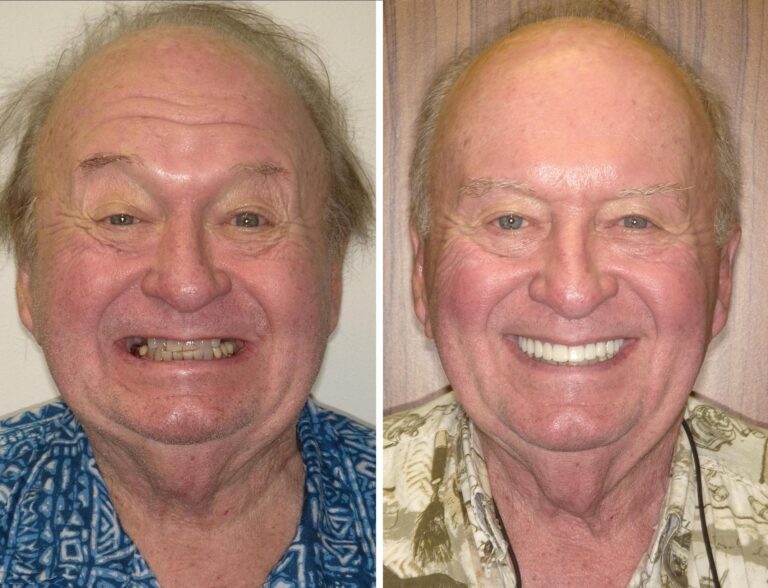Your Top Choice For Dentistry In Trinity, FL
Experience unparalleled dental care with a personal touch at Trinity Dental Arts. Our committed and skilled team provides advanced implant and cosmetic dental solutions in a state-of-the-art facility. We prioritize your needs, comfort, and smile above all else.
Doctor-Owned
Office
Get Your Dental Implant Pricing & Information Guide
Fill Out The Form Below and We Will Text/Email You The Guide Along With the $550 Savings

THE GUIDE WILL SHOW YOU
- Dental implant options
- Average pricing
- Factors that affect eligibility
- And more...
Personalized Care
Patient-Centric Experience
Innovative Technology

Welcome Offer
$100 Voucher For Cleaning, Exam, & X-Ray*
Don’t miss out on our exclusive offer! Enjoy a $100 voucher when you schedule a comprehensive cleaning, exam, and x-ray appointment with us. Designed specifically for new patients like you, this special promotion gives you an opportunity to embrace the finest in dental care and discover a new level of oral well-being. Book your appointment today!
Welcome Offer
$150 Voucher For Emergency Exam & X-Ray*
Emergencies don’t wait, and neither do we. Take advantage of our special offer and receive a $150 voucher for an emergency exam and x-ray. Our dedicated team is ready to provide you with the urgent care you need, ensuring your well-being is our top priority. Book your appointment now!


Welcome Offer
$500 Off Invisalign® Treatment
We believe everyone deserves a smile they’re proud to share. At Trinity Dental Arts, we’re thrilled to present our patients with an exclusive offer: $500 off your Invisalign treatment! This is more than just a discount; it’s a commitment to making advanced dental solutions accessible and affordable. If you’ve been contemplating a discreet, modern solution for straighter teeth, now is the perfect time to begin your Invisalign journey with us. Call today!
Welcome to Trinity Dental Arts
Trinity dentist
, where we provide exceptional implant and cosmetic dentistry services that go above and beyond your expectations. As your reliable and local dental care provider, we are dedicated to delivering top-notch care tailored to your unique needs. Conveniently situated in Trinity, FL, our office offers flexible scheduling options to accommodate your busy lifestyle. We look forward to serving you and providing the highest quality dental care you deserve.





Patient Testimonials
Real Stories From Our Happy Patients
Discover stories from our happy patients as they share how our comprehensive dental care has not only transformed their smiles but also positively impacted their lives. From restoring confidence to improving overall oral health, our satisfied patients have experienced the remarkable difference our dedicated team can make.
See The Difference
Smile Gallery
At Trinity Dental Arts, we believe that a smile can be a true work of art. Whether it’s a subtle enhancement with teeth whitening or a complete smile makeover using advanced cosmetic procedures, we’re incredibly proud of the transformations we’ve achieved. If you feel inspired by what you see, we’d love to discuss how we can make your dream smile a reality too.
LEARNING CENTER
Invisalign®
Your smile deserves the best care, and understanding every detail of your treatment is paramount. That’s why we have meticulously curated our Invisalign learning center—your one-stop resource for everything you need to know about this innovative teeth-straightening system. Make an informed decision about your smile alignment journey by exploring the entire treatment process and uncovering the various benefits of Invisalign. Click below!

Testimonials
What Others Are Saying





What We Do
Services

Restorative Dentistry

General Dentistry

Dental Implants

Cosmetic Dentistry

Invisalign®

Emergency Dentistry

Laser Dentistry

Sedation Dentistry

Oral Surgery

Endodontics

Digital Dentures







